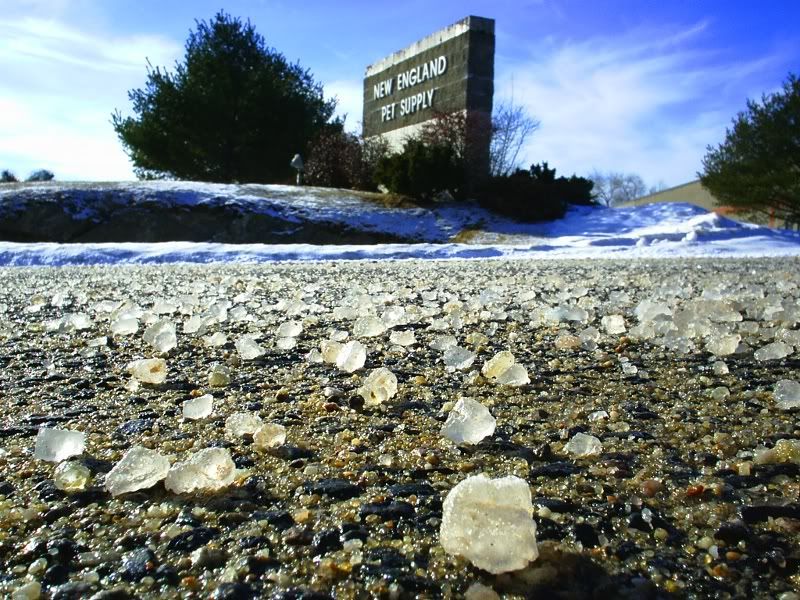It is a pretty hard fight, and I am pretty anal about keeping my cars clean during the winter...
Thanks to the fact the my 03 &04 Cavs are "minor" updates frpm th mid 1990s, it shows. Even some of the late 04s and 05s show signs of rust if not cared for.
Wife's 03 is starting to show signs of tust under the doors, though it is not too bad (though a small spot of rust shows on the pass due to a chip), and a little bubble spot from underneath. Underside is a little rusty, but looks pretty good for 9 MI winters. I expect the car to last another 2-3 years before the rust starts to really pick up...
Compare my wife's car to mine on the other hand, and the difference is night and day. My coupe only saw salt ONCE in nearly 8 years (blame the wife). Body is still rust gree underneath. Body is in great shape for it's age. Hopefully, it will never see salt again...Cobalt does look good for 6 MI winters, but I assume it's a matter of time.
If I buy a new car, be assured that I will have a winter beater for it....






